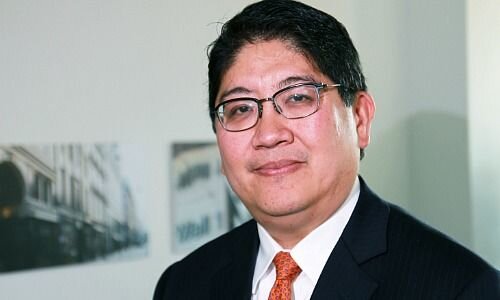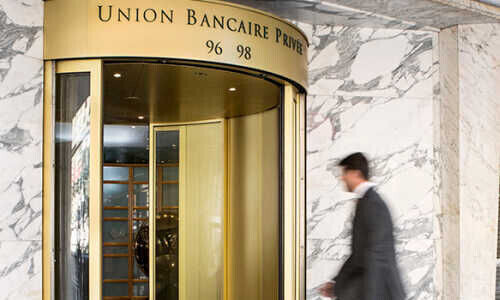Norman Villamin: «Stocks Are Still Cyclically Expensive»
Despite an unprecedented drop in global equities, UBP believes that the asset class remains overpriced and instead advises investors to seek stronger relative returns from fixed income.
Thus far, the MSCI World index has fallen by the most on record since 1970 with a 20.9 percent plunge in the first half of 2022. Still, this has not inspired sufficient confidence for UBP which notes the asset class’ relative price level is not particularly attractive, especially due to growing inflation and recession risk.
«Stocks are still, even with the decline we’ve seen to date, cyclically expensive both to relative to investment grade and high yield bonds,» said UBP’s chief investment officer for wealth management and head of asset allocation Norman Villamin (pictured below, image: UBP) in a recent virtual roundtable attended by finews.asia.

«Historically over the last eight to 10 years, we’ve seen three historical periods where you’ve seen stocks this expensive relative to bonds. Over two of those three, the exception being 2020, you were better off as a bond investor than a stock investor. What was different about 2020 was the magnitude and the speed of the policy response deployed to reverse to stock outperformance.»
Reentry Into China
Despite a weak outlook for equities, UBP is relatively positive on China which the bank recently added allocations to within its portfolio for the first time in around a year, though it doesn't hold an overall bullish call for the market. In addition to more attractive valuations, relative outperformance and a diversifier compared to other more cyclical exposures, UBP is also positive on growth upside – it currently forecasts that China’s GDP will rise 3.7 percent this year – over the potential for more easing.
Nonetheless, there are still downside risks to the Chinese market, particularly with regard to its ongoing approach to the pandemic.
«It’s unlikely that China will move away from zero-Covid entirely in our baseline scenario and so it is possible that in case there is an outbreak in fall before the October Party Congress in one of the major cities, we could see another bout of downside pressure on growth,» said Asia senior economist Carlos Casanova.
Fixed Income Preferred
Within the fixed income asset class, the bank prefers high-quality credit with a shorter duration and floating rate. It underlines tactical opportunities from reestablishing longer duration exposure as interest rates rise. In addition, it also recommends exposure to hedge fund strategies that shield bond investments against increasing rates and widening credit spreads.
On top of headwinds from rising rates and widening spreads, the bank also warns investors of the prospect of increasing defaults due to a slowdown in global growth.



























